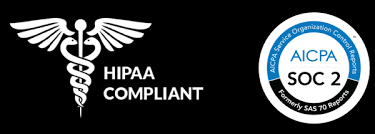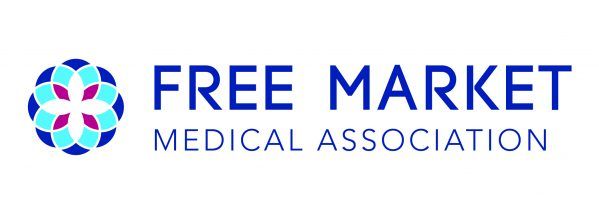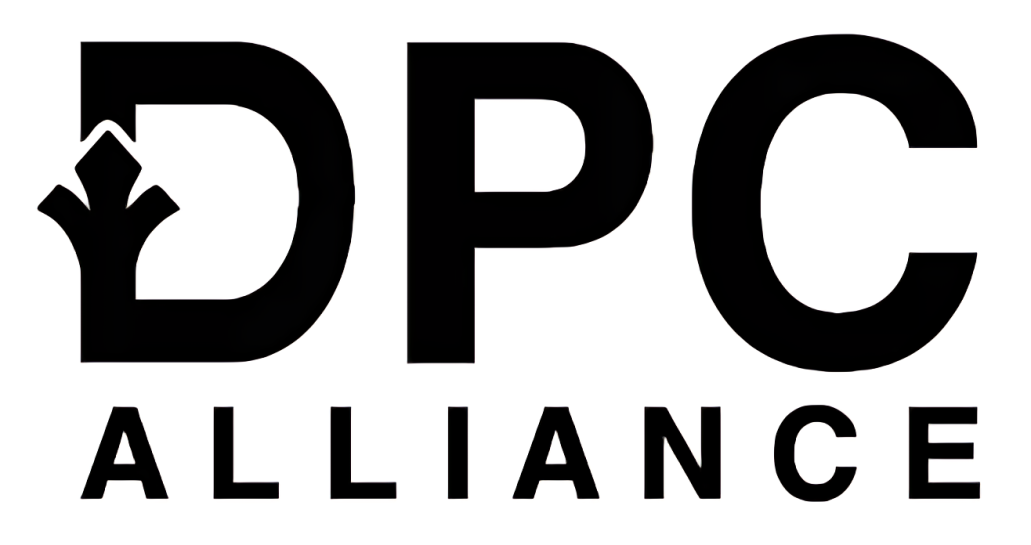
Matt Ohrt
Matt Ohrt: Transforming Employer Healthcare from the Inside Out
“I realized companies don’t view the purchase of their health plan or healthcare the same way they view any other purchase.” That realization sent Matt Ohrt, a longtime HR leader who pivoted into healthcare innovation, on a mission to help employers buy better care. Through his work at Merrill Steel, his co-founding of Self-Fund Health, and new efforts like the Rise Up Health Plan, Matt has been building practical pathways employers can use to lower costs and improve care.
From HR Leader to Healthcare Innovator
Matt had an almost 25-year career in HR leadership, working for large companies, mostly in manufacturing, including Toyota Motor Manufacturing at their flagship plant in Georgetown, Kentucky.
In 2016, as VP of HR at Merrill Steel, he was asked to tackle rising healthcare costs. This challenge started his career in the healthcare space. At the time, the company had a $5.5 million annual spend on healthcare. He led the organization to implement an on-site Direct Primary Care (DPC) clinic and other related changes that produced measurable savings and better access to care.
The result was about $1 million in annual savings while improving the quality of care. Employees could get appointments quickly, experienced shorter wait times, and expressed higher satisfaction. Many of the changes delivered a clear return on investment.
Direct Primary Care as the Foundation
For Matt, DPC restores the doctor-patient relationship and covers the majority of everyday care needs. He explains that a well-run DPC model can handle 80 to 90 percent of care, reducing unnecessary referrals and guiding patients toward cost-effective specialty care when needed.
However, he emphasizes that DPC must be paired with a broader strategy. If the health plan’s design pushes patients back into expensive hospital networks, much of DPC’s savings potential is lost.
Treat Healthcare Like a Strategic Purchase
A recurring theme in Matt’s work is that employers should manage healthcare with the same discipline they apply to other major purchases. In his view, companies often negotiate carefully when buying steel, equipment, or services, yet fail to apply the same scrutiny to healthcare contracts.
He encourages direct involvement from the CEO and CFO, rather than leaving healthcare decisions solely to HR. He also stresses the importance of true self-funding with a focus on managing spend, rather than simply changing the funding label without altering the cost drivers.
Measure Year-Over-Year, Not Month-to-Month
Matt recommends measuring plan performance using year-over-year comparisons for health claims, pharmacy costs, and fixed costs like stop-loss and vendor fees. Short-term views, such as month-to-month tracking, can be misleading because of seasonal fluctuations. At Merrill Steel, this long-term measurement approach helped him effectively track health outcomes while managing healthcare spend.
Don’t Feed the Beast — Rethinking How Employers Manage Healthcare
Matt’s 220-plus-page book, Don’t Feed the Beast, lays out a six-part “success formula” for employers to transform how they approach healthcare. Since its release, it has sold over 6,000 copies across the country and sparked a speaking tour that has taken him to around 40 cities.
The book’s core message is that employers should treat healthcare as a strategic business purchase rather than an administrative task managed solely by HR.
He is now developing a supplementary workbook version to make the process more actionable. This workbook will guide employers step-by-step through implementing the six-part formula, providing clear, numbered actions. Employers who want more background can refer to the main book, but the workbook itself will focus purely on execution. The aim is to make it easier for organizations, especially HR leaders, to implement the strategies without feeling overwhelmed by starting from scratch.
Good Care Feels Different — A Shareable Introduction to DPC
Matt also co-authored Good Care Feels Different, which he describes as a short, colorful, illustrated book designed to explain DPC in a simple and engaging way. It’s intentionally light in tone and quick to read, about 10 minutes,making it an ideal handout for patients, employers, or anyone new to the concept.
The book is structured to be shareable, with the goal of helping more people quickly grasp how DPC works and why it feels different from traditional primary care. He envisions clinicians keeping copies on hand to give to patients who want to learn more.
The Path Forward
Matt’s current work, including the Rise Up Health Plan and ongoing consulting, continues to focus on equipping employers with tools that reduce waste, improve primary care access, and guide patients toward high-value care. He believes that when employers change how they purchase healthcare, it creates a ripple effect that can improve quality and lower costs across the system.
Interested to share your story?
Contact us today & Let us know!




